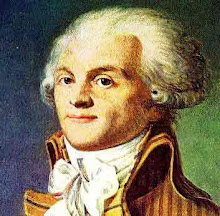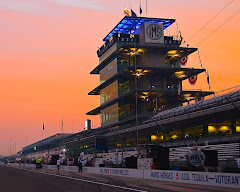"Same as it ever was." - David Byrne
- 1990 - Indy loses the Texaco Star. Texaco enters a leveraged supply-chain agreement with Kmart, increasing funding to Newman Haas Racing but robbing Indy car racing of a long-time entry. Texaco continues its primary sponsorship of Robert Yates' #28 Ford in NASCAR.
- 1994 - Hardees' goes south. Priced out of IndyCar racing by numerous leveraged supply chain deals, the quick-serve chain reallocates all of its racing budget to NASCAR.
- 1994 - Team Valvoline is disbanded. Two years after winning at Indy as primary sponsor for Al Unser, Jr. and Galles Racing, Valvoline enters into a leveraged supply chain agreement with Cummins Diesel and Walker Racing. Valvoline continues primary sponsorship of Jack Roush's #6 Ford in NASCAR.
- 1995 - Budweiser dethroned. The world's top sports advertising brand abandons Indy car primary sponsorship. It strikes a leveraged supply chain deal with Kmart, increasing funding to Newman Haas Racing while subtracting another entry from the series. Budweiser continues primary sponsorship of Rick Hendrick's #25 Chevrolet in NASCAR.
That is why certain IndyCar participants love them.
We witness our future in our past.
Roggespierre


No comments:
Post a Comment